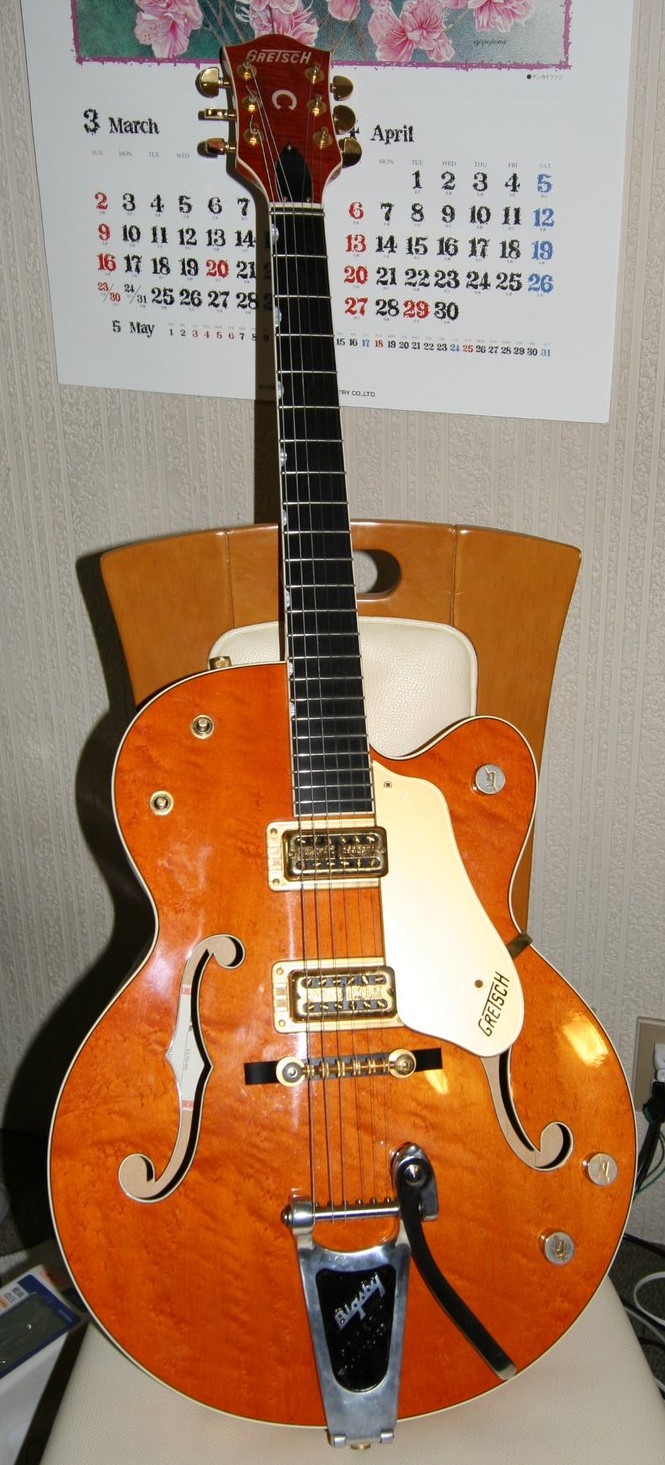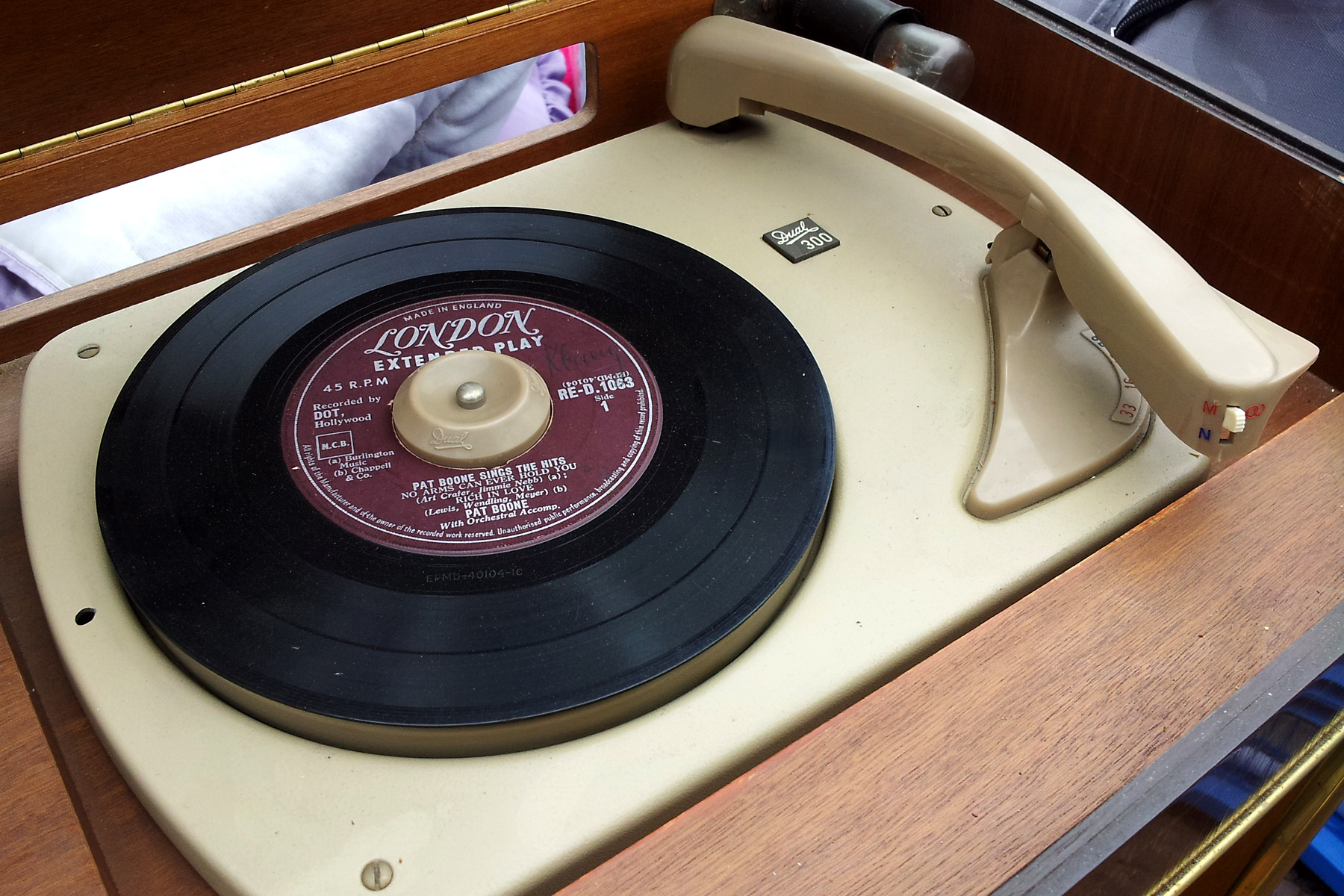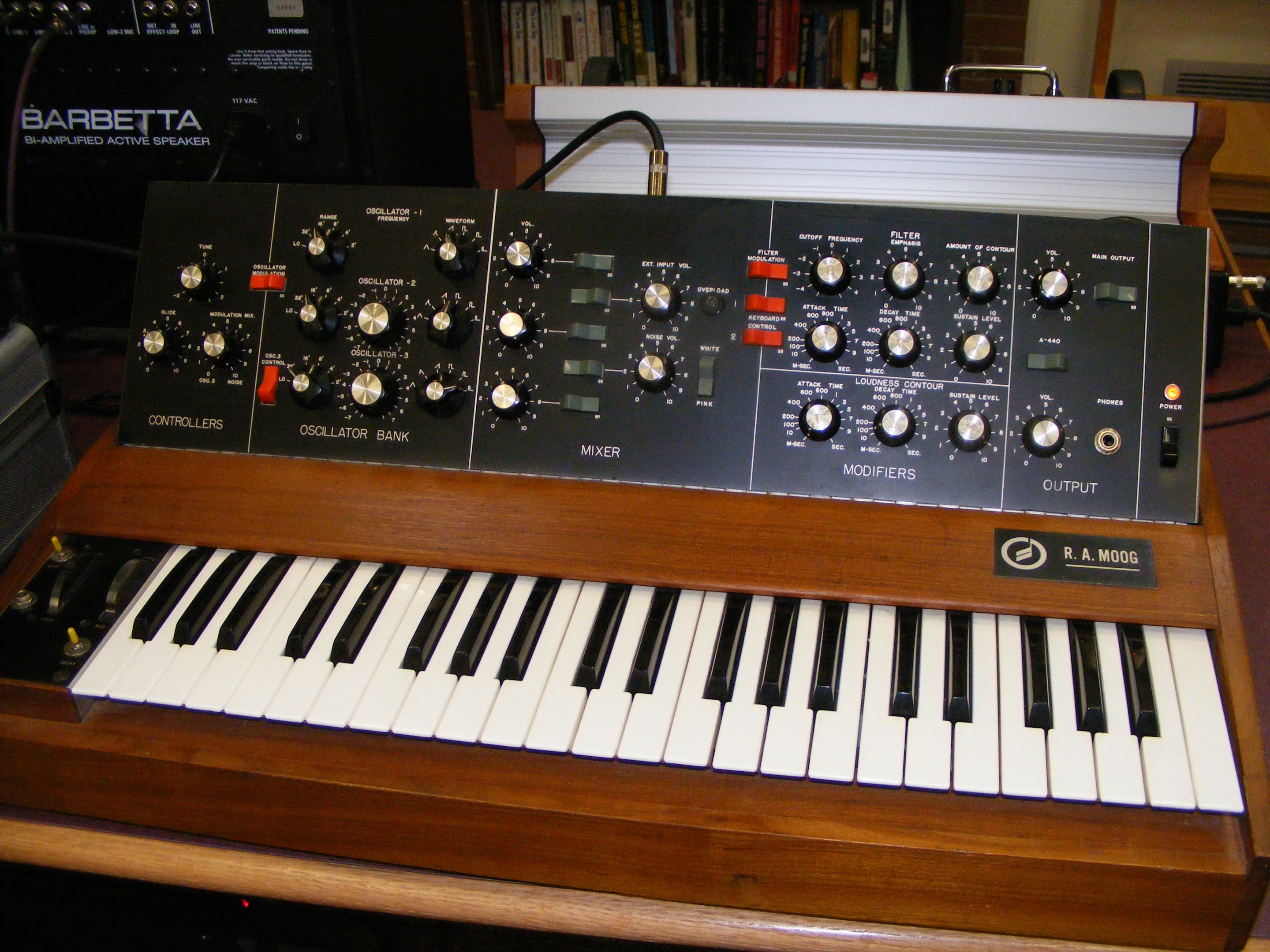|
Who's Next
''Who's Next'' is the fifth studio album by the English rock band the Who, released on 2 August 1971, by Track Records in the United Kingdom and by Decca Records in the United States. It developed from the aborted '' Lifehouse'' project, a multi-media rock opera conceived by the group's guitarist Pete Townshend as a follow-up to the band's 1969 album '' Tommy''. The project was cancelled owing to its complexity and to conflicts with Kit Lambert, the band's manager, but the group salvaged some of the songs, without the connecting story elements, to release as their next album. Eight of the nine songs on ''Who's Next'' were from ''Lifehouse'', with the lone exception being the John Entwistle–penned " My Wife". Ultimately, the remaining ''Lifehouse'' tracks would all be released on other albums throughout the next decade. The Who recorded ''Who's Next'' with assistance from recording engineer Glyn Johns. After producing the song " Won't Get Fooled Again" in the Rolling St ... [...More Info...] [...Related Items...] OR: [Wikipedia] [Google] [Baidu] |
The Who
The Who are an English Rock music, rock band formed in London in 1964. Their classic lineup (1964–1978) consisted of lead vocalist Roger Daltrey, guitarist Pete Townshend, bassist John Entwistle and drummer Keith Moon. Considered one of the most influential rock bands of the 20th century, their contributions to rock music include the development of the Marshall Stack, Marshall stack, large public address systems, the use of synthesizers, Entwistle's and Moon's influential playing styles, Townshend's Guitar feedback, feedback and power chord guitar technique, and the development of the rock opera. They are cited as an influence by many hard rock, punk rock, punk, power pop and mod (subculture), mod bands. The Who were inducted into the Rock and Roll Hall of Fame in 1990. The Who evolved from an earlier group, the Detours, and established themselves as part of the pop art and mod (subculture), mod movements, featuring auto-destructive art by Instrument destruction, destr ... [...More Info...] [...Related Items...] OR: [Wikipedia] [Google] [Baidu] |
Meaty Beaty Big And Bouncy
''Meaty Beaty Big and Bouncy'' is a compilation album of singles by English rock band the Who, released in 1971 as Track 2406 006 in the UK and as Decca DL 79184 in the US. It entered the US ''Billboard'' 200 chart on 20 November 1971, peaking at number 11, and the UK chart on 3 December 1971, peaking at number 9. Background ''Meaty Beaty Big and Bouncy'' was compiled by Pete Townshend. The band's manager Kit Lambert attempted to have the track order changed but failed because too many copies had already been pressed. The UK release was held up because the Who and their other manager Bill Curbishley had failed to clear it with Lambert. Several songs on the album had previously been released on studio albums. The Who's debut ''My Generation'' included the tracks " A Legal Matter" and " The Kids Are Alright"; '' A Quick One'' included " Boris the Spider", the one song written by John Entwistle, and in its American configuration " Happy Jack." " I Can See for Miles" appeare ... [...More Info...] [...Related Items...] OR: [Wikipedia] [Google] [Baidu] |
Monolith (Space Odyssey)
In Arthur C. Clarke's ''Space Odyssey'' series, Monoliths are machines in black cuboids whose sides extend in the precise ratio of 1 : 4 : 9 (12 : 22 : 32) built by an unseen Extraterrestrial life in popular culture, extraterrestrial species whom Clarke dubbed the Firstborn and who he suggests are the earliest highly intelligent species to evolve in the Milky Way. In the series of novels (and the films based on these), three Monoliths are discovered in the Solar System by australopithecines and their human descendants. The characters' responses to their discoveries drive the plot of the series and influence its fictional history, particularly by encouraging humanity to History of technology, progress with technological development. The first monolith appears at the beginning of the story, four million years before the present era. It is discovered by a group of Australopithecine, australopithecines and triggers a shift in evolution, starting with the ability to use tools and we ... [...More Info...] [...Related Items...] OR: [Wikipedia] [Google] [Baidu] |
Ethan Russell
Ethan Allen Russell (born November 26, 1945, in Mount Kisco, New York) is an American photographer, author and video director, mostly of musicians. He is known as "the only rock photographer to have shot album covers for The Beatles, The Rolling Stones and The Who." Family and early life The son of Charles Howland Russell and Alice Allen Russell, he is the great-grandson of suffragist Florence Jaffray Harriman and the great-grandson of Episcopal bishop Henry C. Potter. He has three siblings. His brother Jeremy Borden Russell (1944–2005) was founder and manager of the rock band Blue Cheer. Other siblings are Linda Russell Matson, (1947-) and Adam Henry Russell (1953–2009). His godfather is Cole Porter. His family moved to Manhattan in 1950, then to San Francisco in 1952. Russell attended high school at Cate School outside Santa Barbara, California, then the University of California, Davis, where he majored in English and Art. He was first introduced and became interest ... [...More Info...] [...Related Items...] OR: [Wikipedia] [Google] [Baidu] |
Single (music)
In Music industry, music, a single is a type of Art release#Music, release of a song Sound recording, recording of fewer tracks than an album (LP record, LP), typically one or two tracks. A single can be released for record sales, sale to the public in a variety of physical or digital formats. Singles may be standalone tracks or connected to an artist's album, and in the latter case would often have at least one single release before the album itself, called lead singles. The single was defined in the mid-20th century with the ''45'' (named after its speed in revolutions per minute), a type of 7-inch sized vinyl records, vinyl record containing an A-side and B-side, A-side and a B-side, i.e. one song on each side. The single format was highly influential in pop music and the early days of rock and roll, and it was the format used for jukeboxes and preferred by younger populations in the 1950s and 1960s. Singles in Digital distribution, digital form became very popular in the ... [...More Info...] [...Related Items...] OR: [Wikipedia] [Google] [Baidu] |
Synthesizers
A synthesizer (also synthesiser or synth) is an electronic musical instrument that generates audio signals. Synthesizers typically create sounds by generating waveforms through methods including subtractive synthesis, additive synthesis and frequency modulation synthesis. These sounds may be altered by components such as filters, which cut or boost frequencies; envelopes, which control articulation, or how notes begin and end; and low-frequency oscillators, which modulate parameters such as pitch, volume, or filter characteristics affecting timbre. Synthesizers are typically played with keyboards or controlled by sequencers, software or other instruments, and may be synchronized to other equipment via MIDI. Synthesizer-like instruments emerged in the United States in the mid-20th century with instruments such as the RCA Mark II, which was controlled with punch cards and used hundreds of vacuum tubes. The Moog synthesizer, developed by Robert Moog and first sold in 19 ... [...More Info...] [...Related Items...] OR: [Wikipedia] [Google] [Baidu] |
My Wife (song)
"My Wife" is a song by the English rock band the Who, written and sung by bass guitarist John Entwistle. It was originally released in 1971 on ''Who's Next'' and later as the B-side of the single "Baba O'Riley" on 6 November 1971 in Europe by Polydor Records. Background "My Wife" was the fourth track on ''Who's Next'' and was recorded at Olympic Studios sometime in May 1971. While it did appear on ''Who's Next'' it was thought that it was not a part of the '' Lifehouse'' project which was confirmed in 2000, when it was not included in Pete Townshend's '' Lifehouse Chronicles'' box set. "My Wife" was written to replace " Boris the Spider" during live performances as Entwistle had grown tired of performing the latter in concert. Song structure "My Wife" is arguably John Entwistle's highlight on ''Who's Next'' being that he takes on the lead vocals, bass guitar, piano, and horn section. Unusually, this song does not feature a guitar solo, which is most likely because Entwistle co ... [...More Info...] [...Related Items...] OR: [Wikipedia] [Google] [Baidu] |
John Entwistle
John Alec Entwistle (9 October 194427 June 2002) was an English musician, best known as the bass guitarist for the rock band the Who. Entwistle's music career spanned over four decades. Nicknamed "The Ox" and "Thunderfingers", he was the band's only member with formal musical training and also provided backing and occasional lead vocals. Entwistle was inducted into the Rock and Roll Hall of Fame as a member of the Who in 1990. Renowned for his musical abilities, Entwistle is widely regarded as one of the greatest and most influential rock bass guitarists of all time. His instrumental approach featured pentatonic scale, pentatonic lead lines and a then-unusual treble-rich sound ("full treble, full volume"). He was voted as the greatest bass guitar player ever in a 2011 ''Rolling Stone'' readers' poll and, in 2020, the same magazine ranked him number three in its list of the "50 Greatest Bassists of All Time". Early life John Alec Entwistle was born on 9 October 1944 at Queen ... [...More Info...] [...Related Items...] OR: [Wikipedia] [Google] [Baidu] |
Tommy (The Who Album)
''Tommy'' is the fourth studio album by the English rock band the Who, released on 17 May 1969. Written primarily by guitarist Pete Townshend, ''Tommy'' is a double album and an early rock opera that tells the story of the fictional Tommy Walker and his path to becoming a spiritual leader and messianic figure. Townshend came up with the concept of ''Tommy'' after being introduced to the work of Indian spiritual teacher Meher Baba, and he attempted to translate Baba's ideas into music. Recording of the album began in September 1968, but took six months to complete as material needed to be arranged and re-recorded in the studio. The Who promoted the album's release with an extensive tour, including a live version of ''Tommy'', which lasted throughout 1969 and 1970. Key gigs from the tour included appearances at Woodstock, the 1969 Isle of Wight Festival, the University of Leeds, the Metropolitan Opera House, and the 1970 Isle of Wight Festival. The live performances of ''T ... [...More Info...] [...Related Items...] OR: [Wikipedia] [Google] [Baidu] |
Pete Townshend
Peter Dennis Blandford Townshend (; born 19 May 1945) is an English musician. He is the co-founder, guitarist, keyboardist, second lead vocalist, principal songwriter and leader of the Who, one of the most influential rock bands of the 1960s and 1970s. His aggressive playing style, poetic songwriting techniques and authorship of two rock operas with the Who, as well as other projects, have earned him critical acclaim. Townshend has written more than 100 songs for 12 of the Who's studio albums. These include concept albums, the rock operas ''Tommy (The Who album), Tommy'' (1969) and ''Quadrophenia'' (1973), plus popular rock radio staples such as ''Who's Next'' (1971); as well as dozens more that appeared as non-album singles, bonus tracks on reissues, and tracks on rarities compilation albums such as ''Odds & Sods'' (1974). He has also written more than 100 songs that have appeared on his solo albums, as well as radio jingles and Theme music, television theme songs. While known ... [...More Info...] [...Related Items...] OR: [Wikipedia] [Google] [Baidu] |
Rock Opera
A rock opera is a collection of rock music songs with lyrics that relate to a common story. Rock operas are typically released as concept albums and are not scripted for acting, which distinguishes them from operas, although several have been adapted as rock musicals. The use of various character roles within the song lyrics is a common storytelling device. The success of the rock opera genre has inspired similar works in other musical styles, such as rap opera. History A number of rock artists became interested in the idea of creating a rock opera in the 1960s. Early use of the terms rock opera and teenage opera date from 1963, when Frank Zappa used both phrases to describe a work in progress, ''I Was a Teenage Malt Shop''. Zappa can be heard discussing his rock opera in a radio program: a recording of a which is included on the album '' Joe's Xmasage'', on the track ''The Uncle Frankie Show''. Don Van Vliet was to be cast as a character named “Captain Beefheart”. Zappa ... [...More Info...] [...Related Items...] OR: [Wikipedia] [Google] [Baidu] |
Lifehouse (rock Opera)
''Lifehouse'' is an unfinished science fiction rock opera by the British rock band the Who intended as a follow-up to '' Tommy''. It was abandoned as a rock opera in favour of creating the traditional rock album ''Who's Next'', though its songs would appear on various albums and singles by the Who, as well as Pete Townshend solo albums. In 1978, aspects of the Lifehouse project were revisited by the Who on '' Who Are You''. In 2000, Townshend revived the Lifehouse concept with his set '' Lifehouse Chronicles'' and the sampler '' Lifehouse Elements''. On 1 May 2007, he released an online software called '' The Lifehouse Method'' in which any "sitter" could create a musical "portrait". The site is now defunct. The artwork and design of the box set was undertaken by designer Laurence Sutherland. Original concept ''Lifehouses story was inspired by Pete Townshend's experiences on the Tommy Tour: "I've seen moments in Who gigs where the vibrations were becoming so pure that I though ... [...More Info...] [...Related Items...] OR: [Wikipedia] [Google] [Baidu] |






